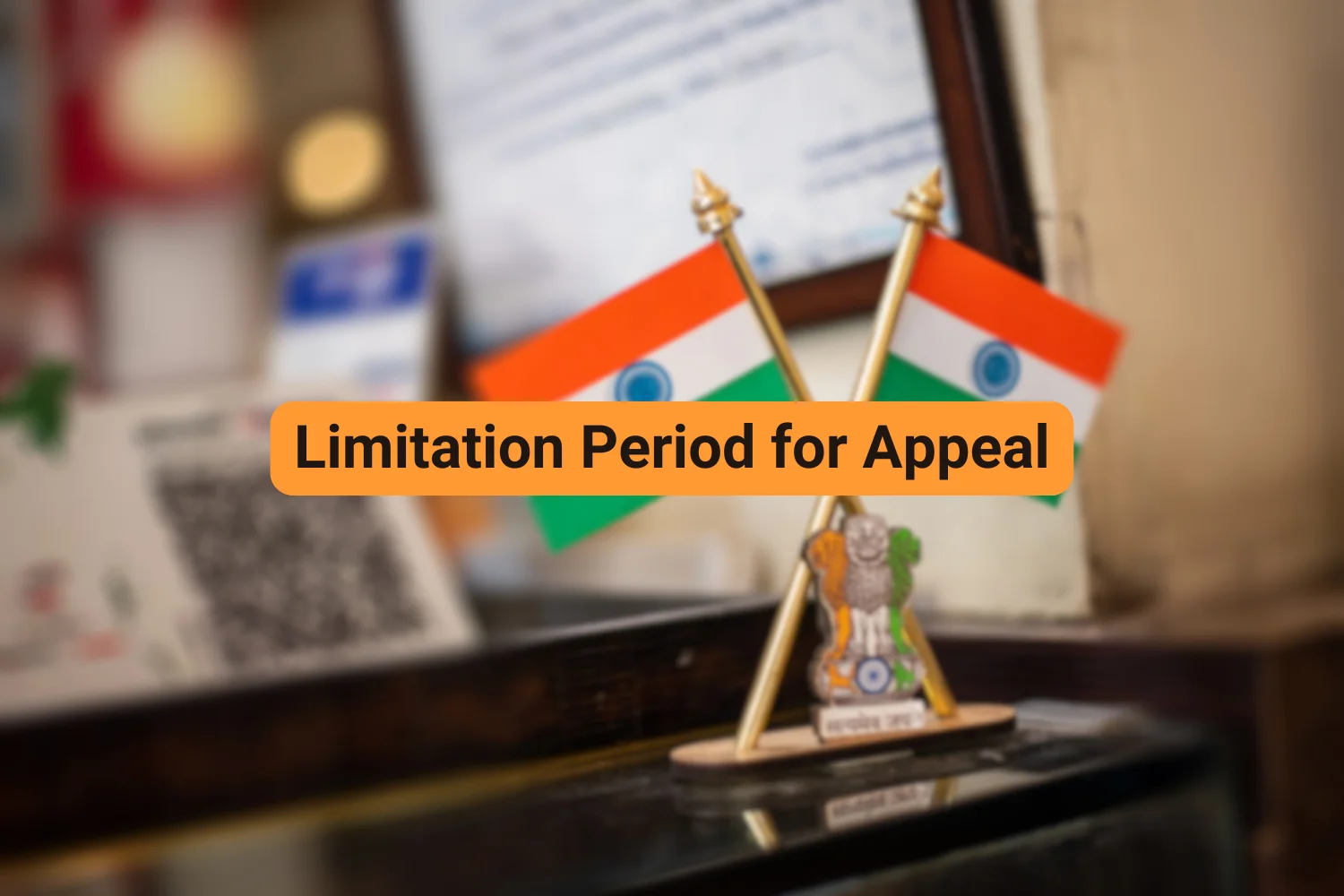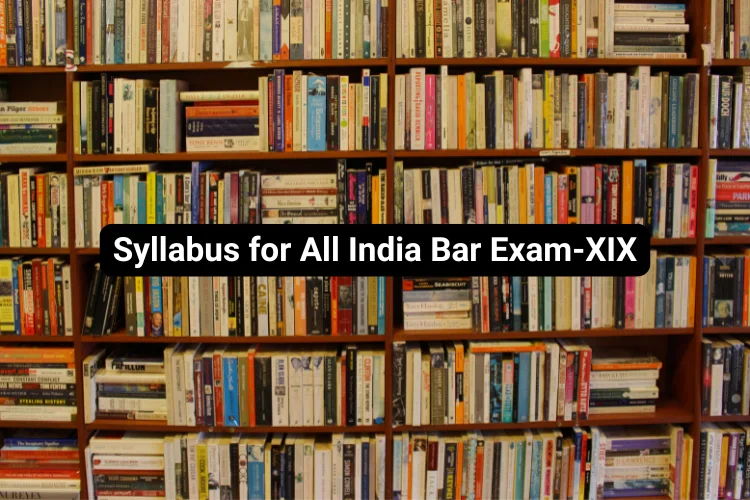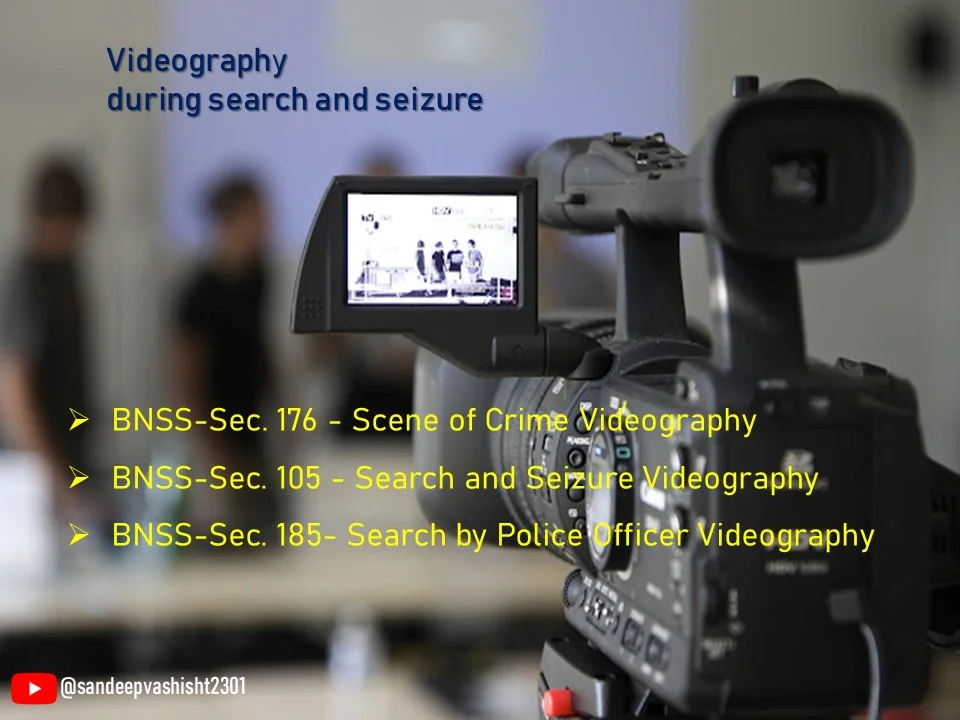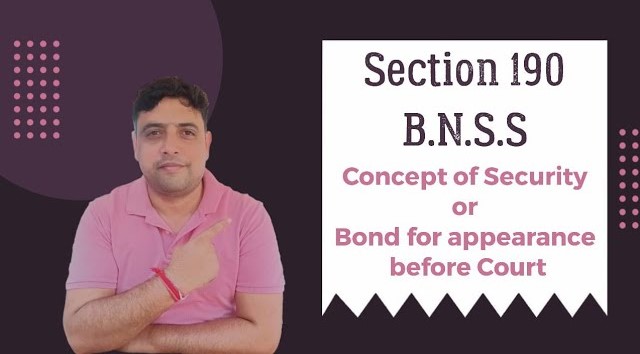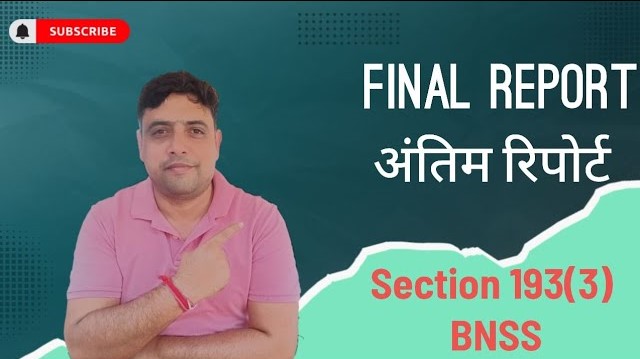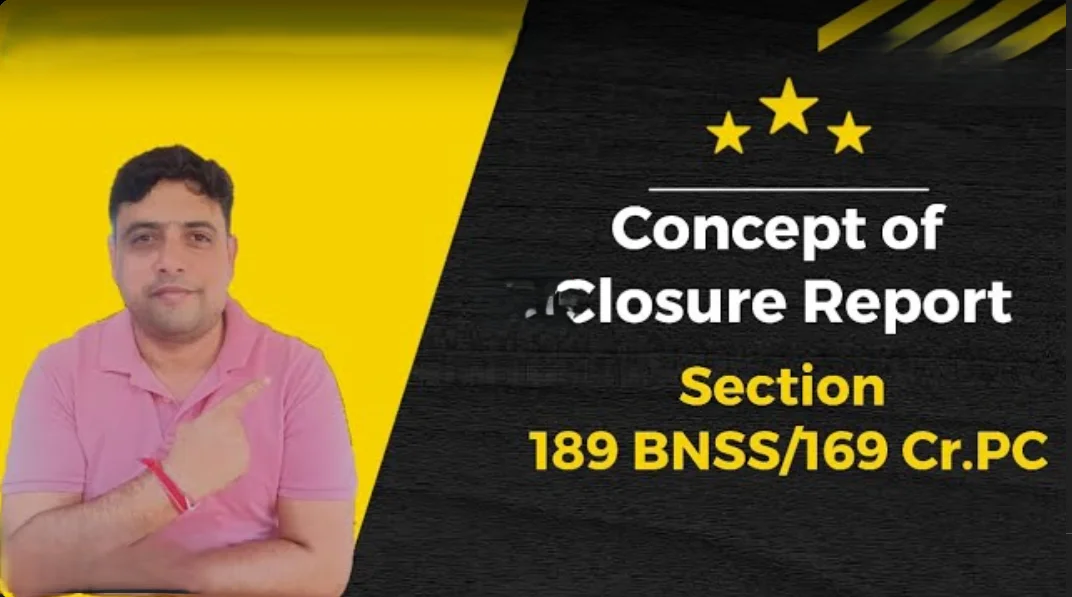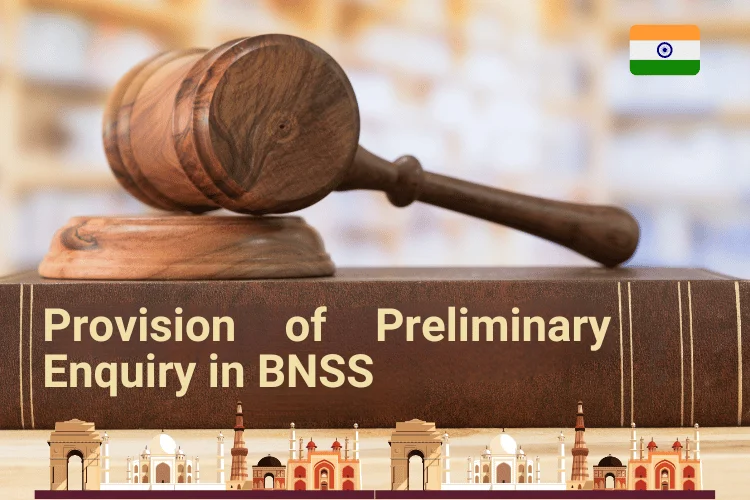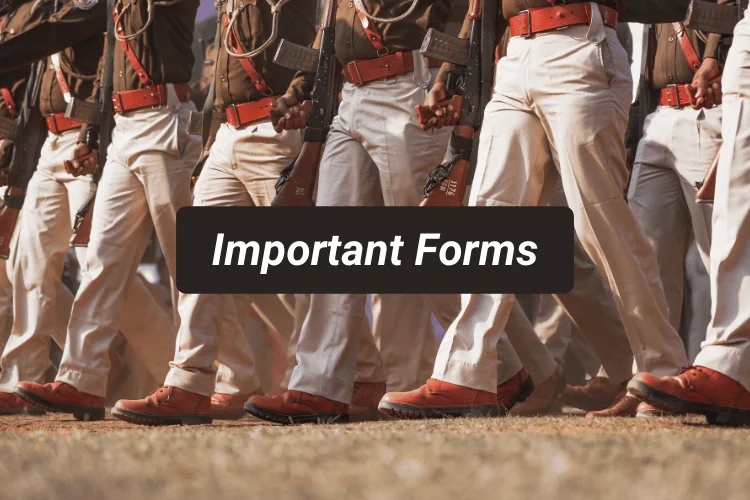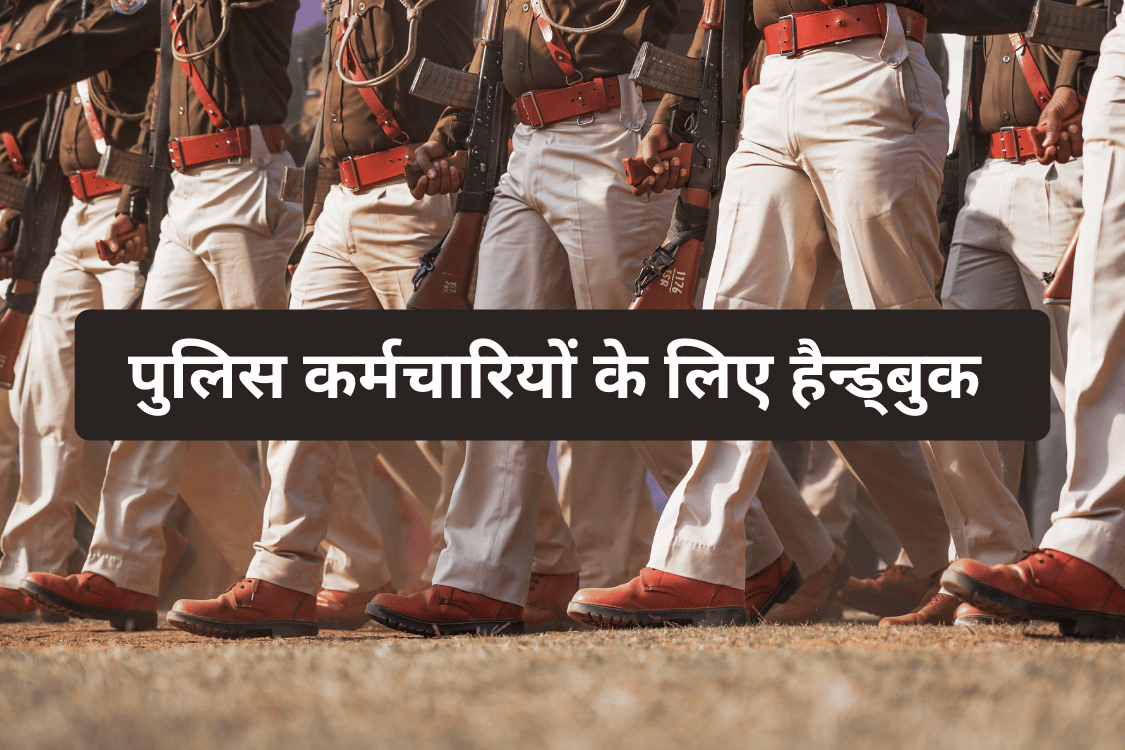CRIMINAL APPEAL AND ITS KINDS UNDER CODE OF CRIMINAL PROCEDURE
INTRODUCTION
In India, a criminal case is first tried in a trial court, either a Court of Magistrate or Court of Session, depending on the severity of the offense. The trial court then convicts or acquits the accused. If either party is not satisfied with the trial decision of court, they can appeal to the High Court.
MEANING OF APPEAL
Black's Law Dictionary defines appeal as "the complaint to the superior court of an injustice done or error committed by an inferior court, whose judgment or decision the court above is called to correct and reverse"
In Wiscart v. Dauchy , the court observed that appeal means the removal of a case from the jurisdiction of a subordinate court or inferior court to that of superior courts for the purpose of review or retrial. Thus, in simple terms appeal is a remedy available with a person or party who is satisfied with the decision of a judicial body provided there is another judicial body above to it in the hierarchy.
In simpler terms, an appeal is a remedy available to anyone dissatisfied with a judicial decision, provided there is a higher judicial body to which they can appeal. This hierarchical system allows for a review of decisions, ensuring fairness and justice.
The Code of Criminal Procedure contains two types of provision regarding Appeal :
-
General Provisions
General Provisions regarding criminal appeal are contained in Section 372-394 of the code. This chapter is decided into two parts :-
- Types of Appeals - When an appeal lies or not [372-380]
- Procedure for dealing with an appeal and powers of appellate court [Section 381-394]
-
Specific Provisions: Certain sections which gives the right of appeal that is Section 86, 250,351,449,454 and 458(2) etc.
TYPES OF APPEAL [SECTION 372-380]
Types of Appeal can be further divided into two parts :-
-
Cases in which no appeal lies
-
Cases in which Appeal Lies
-
https://helpfulhighlights.com/article?id=21 (Already Cover)
-
CASES IN WHICH APPEALS LIES: There are following cases in which Appeal Lies. It generally referred to be as kinds of Appeal.
APPEAL FROM ORDERS [SECTION 373]
Section 373 of the Criminal Procedure Code deals with appeals from orders related to security for keeping peace or good behavior. Here are the key points:
The section applies to two types of orders:
- Orders requiring security for keeping peace or good behavior (under Section 106 or 117 of the Code)
- Orders refusing to accept or rejecting a surety (under Section 121 of the Code)
- The appeal lies to the Sessions Court, which is the court of first appeal in such cases.
- However, there is an exception: if the proceedings are already laid before the Sessions Judge under Section 122 of the Code, then the appeal will not lie to the Sessions Court.
In summary, Section 373 provides a mechanism for appealing orders related to security for keeping peace or good behavior, with the Sessions Court being the usual forum for such appeals, unless the proceedings are already before the Sessions Judge under Section 122.
APPEAL FROM CONVICTION [SECTION 374]:There are three forums for filing appeals by the accused against the order of conviction under this section.
- Appeal to the Supreme Court
Section 374(1) of the Code of Criminal Procedure (CrPC) allows a person to appeal to the Supreme Court if they have been tried and convicted by the High Court in its extraordinary original jurisdiction. This is a rare occurrence, as criminal trials are typically held in trial courts, and superior courts usually remand cases back to the trial court for proper proceedings.
However, the High Court can take up criminal cases under its extraordinary original jurisdiction (Article 226 and 227 of the Constitution) if a person alleges a violation of a legal or fundamental right by another person. If the High Court convicts the accused, an appeal can be made to the Supreme Court.
The procedure for appealing to the Supreme Court is outlined in Article 134 of the Constitution:
- The High Court must have convicted the person and sentenced them to death, or
- The High Court must issue a certificate stating that the case is fit for appeal to the Supreme Court.
Under Article 134A, a case is considered fit for appeal if it raises a substantial question of law that requires the Supreme Court's attention. Therefore, the Supreme Court cannot be approached without the High Court's certificate, and only questions of law (not facts) can be appealed.
Concisely this sub section can be summarised as follows:
- Section 374(1) CrPC allows appeals to the Supreme Court from High Court convictions in extraordinary original jurisdiction.
- The High Court's extraordinary original jurisdiction is invoked under Article 226 and 227 of the Constitution.
- The Supreme Court can only be approached if the High Court has sentenced the person to death or issued a certificate stating the case is fit for appeal.
- The Supreme Court only considers substantial questions of law, not facts.
- Appeal to High Court
Section 374(2) of the Criminal Procedure Code provides grounds for appeal to the High Court:
- The case must be tried and the accused person must be convicted by the Court of Session or Additional Sessions Court.
- The sentence must be for imprisonment of seven years or more.
- The person convicted must be tried separately or jointly with others for the same offence.
On these grounds, the High Court can hear appeals from conviction orders. During the appeal stage, the High Court:
- Does not examine the truth of witnesses or evidence strength
- Only looks into questions of law and errors made by the lower court
- Can reverse the trial court's decision if the conviction was without merit or the trial was flawed
- Can transfer the case back to the trial court to consider material evidence
There is no strict procedure for appealing to the High Court, but the general practice involves submitting:
- A memorandum of appeal stating reasons and grounds
- A certified copy of the trial court's judgment
The High Court has the power to review and correct errors made by the lower court, ensuring justice is served.
- Appeal to the Court of Sessions:According to Section 374(3) of the Criminal Procedure Code, an appeal can be brought before the Court of Session from an order of conviction in any criminal matter that fulfils the following grounds:
-
- The appellant was tried and convicted by:
- A Court of Judicial Magistrate
- A Metropolitan Magistrate
- A Court of Assistant Sessions Judge
- The appellant was sentenced under Section 325 of the Code of Criminal Procedure, where:
- The Judicial Magistrate felt that the accused deserved a sentence more severe than what the Magistrate was empowered to impose
- The case was transferred to the Chief Judicial Magistrate, who imposed a more severe sentence on the accused person
- An order of probation was passed against the accused person, and they are unsatisfied with the order, believing themselves to be innocent of the offense they were convicted of.
These grounds provide a basis for appealing a conviction or sentence to the Court of Session.
APPEAL BY THE STATE OR CENTRAL GOVERNMENT:
Section 377 of the Criminal Procedure Code empowers the State Government and the Central Government (in respect of cases investigated by the Delhi Special Police Establishment or any other Agency under a Central Act) to direct the Public Prosecutor to file an appeal against a sentence on the ground of its inadequate proportion to the offence committed. The appeal can be filed:
- To the Court of Session, if the sentence is passed by a Magistrate
- To the High Court, if the sentence is passed by any other court
Only the Government (State of central Government as the case may be ) has the right to appeal under this section not the public prosecutor, victim or complainant even if they are unsatisfied with the sentence.
The High Court must hear the appeal without prejudice against the accused, and:
- Give the accused a reasonable opportunity to show cause against sentence enhancement, it means that Court of Session or High Court shall not enhance the Sentence without giving opportunity to show cause to accused
- Allow the accused to plead for acquittal or sentence reduction
- Consider the appeal on its merits, even if the accused did not bring the appeal
If the High Court finds the conviction was without proper merit or on unreasonable grounds, it may reverse the order of conviction, even if the appeal was brought by the State Government.
The adequacy of the sentence is subjective and depends on the State's ability to satisfy the court that the sentence is insufficient.When an appeal is filed against a sentence under specific sections of the Indian Penal Code (relating to sexual offenses):
- The appeal shall be disposed of within six months from the date of filing.
Case Law
Bharat Kumar Ramchandra Bharot vs State of Gujrat 2019 SCC
In this case it was held by the Hon’ble Supreme Court held that if the accused , after service of notice fails to raise this plea then the High Court would be justified in deciding the state’s appeal on merits.
APPEAL AGAINST ACQUITTAL :
Section 378 of the Criminal Procedure Code deals with appeals in cases where the accused is acquitted (found not guilty). The State Government can direct the Public Prosecutor to appeal to the High Court against an acquittal order passed by any court (except the High Court itself). However, the High Court must grant permission (leave) before such an appeal can be heard.
In simpler terms, the State Government can appeal against a "not guilty" verdict, but only with the High Court's permission.
The section has been amended by the 2005 Amendment Act, which allows:
- The District Magistrate may direct the public prosecutor to file an appeal to the Court of Session against an acquittal order passed by a Magistrate in the cases of Cognizable and non-bailable offence
- The State Government to direct Public Prosecutor to file an appeal to the High Court against an acquittal order passed by any court (except the High Court itself).
- The Central Government to direct an appeal to the Court of Session or High Court against an acquittal order passed in cases investigated by the Delhi Special Police Establishment or other agencies empowered to investigate under Central Acts.
- If the accused is acquitted (found not guilty) in a case filed by a complainant, the complainant can apply to the High Court for special leave to appeal against the acquittal order. If the High Court grants this leave, the complainant can appeal to the High Court.
However, there are time limits for making such an application:
-
- 6 months from the date of acquittal if the complainant is a public servant
- 60 days from the date of acquittal in any other case
If the High Court refuses to grant leave to appeal, the State Government cannot direct the Public Prosecutor to appeal in the same matter, it means that sub section (1) and (2) of Section 378 shall be inoperative.
This provision allows the complainant to seek justice if they are not satisfied with the acquittal order, but with certain time constraints.
Case Laws
Vijay Mohan Singh vs State of Karnataka 2019 SC
In this case , Supreme Court restricted the Scope of High Court's to interfere in an appeal against acquittal in following situations:
-
- The trial court's approach to dealing with evidence was illegal or patently incorrect.
- The conclusions drawn by the trial court are demonstrably unsustainable.
- The appellate court's judgment is free from these infirmities.
It was further held that , In such cases, the High Court can:
- Re-appreciate the entire evidence independently.
- Come to its own conclusion.
However, the High Court should not interfere with the order of acquittal when two views are possible (i.e., the evidence can be interpreted in multiple ways).
In other words, the High Court should only intervene when there are clear errors or infirmities in the trial court's approach or conclusions, and not when there are mere disagreements or alternative interpretations of the evidence.
Dhan Kumar vs MCD 1980 SC
It was held in this case that in a case of an Appeal against acquittal, if two views of the evidence are reasonably possible , one favouring acquittal and the other conviction, the High Court shall not reverse the order of acquittal.
K. Prakashan v P.K. Surenderan (2008) 1 SCC 258
It was held by the Supreme Court that when two views are possible, appellate court should not reverse the judgment of acquittal merely because the other view was possible. Where two views are reasonably possible from the very same evidence, prosecution cannot be said to have proved its case beyond reasonable doubt.
Jayaben vs Kanubhai Zala 2022
In this case Supreme Court emphasised the duty of the State to Protect life, liberty, property, and reputation of the individuals in the society.
In criminal cases which is of serious following points were observed by the Hon’ble Court
-
The state should have filed appeals challenging the orders releasing the accused on bail.
-
By not doing so, the state failed to protect the rights of the victim.
-
In criminal matters, the state is the custodian of the social interest of the community and must take all necessary steps to bring the accused to justice.
-
The Director of Prosecution plays a crucial role in the administration of justice and must take prompt decisions.
In summary, the state has a responsibility to ensure justice is served and victims' rights are protected. Failing to do so can result in a denial of justice and a loss of faith in the justice system.
RIGHT TO APPEAL TO SUPREME COURT (SECTION 379)
Section 379 of the Criminal Procedure Code (CrPC) provides the right to appeal to the Supreme Court in certain cases where the High Court has:
- Reversed an acquittal: The High Court has overturned a lower court's verdict of "not guilty" (acquittal) and convicted the accused.
- Imposed severe sentences: The High Court has sentenced the accused to:
- Death
- Life imprisonment
- 10+ years of imprisonment
In these specific situations, the accused has the right to appeal to the Supreme Court, which is the highest court in India. This right is provided to ensure that the accused has an opportunity to challenge the conviction and sentence imposed by the High Court.
SPECIAL RIGHT OF APPEAL IN CERTAIN CASES (SECTION 380)
If:
- Multiple people are convicted in the same trial
- An appealable judgment or order is passed for one or more of them
Then:
- All or any of the convicted persons have the right to appeal, even if their individual sentence is not normally appealable.
In other words, if one co-accused has been given an appealable sentence, all co-accused have the right to appeal, regardless of their individual sentences. This section ensures that co-accused have equal opportunities to challenge their convictions and sentences.
LIMITATION PERIOD FOR APPEALS
The Criminal Procedure Code (CrPC) does not specify a time limit for filing appeals, but the Indian Limitation Act (Article 115) sets out the following time limits for filing appeals in criminal cases:
30 days from the date of sentence for:
- Appeals against a death sentence passed by a Sessions Court or High Court (in its original criminal jurisdiction)
- Appeals to any court other than the High Court
60 days from the date of sentence or order for:
- Appeals to the High Court against any other sentence or order (not being an order of acquittal)
It is notably stated that these time limits apply to filing appeals in criminal cases, and the CrPC does not have its own specific limitation period for appeals.
CONCLUSION
The criminal appeal process under the Code of Criminal Procedure (CrPC) is a vital safeguard against wrongful convictions and inadequate sentences. The provisions of the CrPC, including Sections 391, 393, and 394, ensure that the appellate court has the power to review and correct errors, take additional evidence, and prevent miscarriages of justice. The CrPC strikes a balance between finality and fairness, allowing for appeals against convictions and sentences while also ensuring that the legal process is not abused or delayed excessively. The limitation period for filing appeals, as prescribed under the Indian Limitation Act, adds a layer of certainty and finality to the process. Through the criminal appeal process, the Indian legal system demonstrates its commitment to upholding the principles of justice, fairness, and the rule of law. By providing a robust and effective appeals process, the CrPC helps to maintain public trust and confidence in the criminal justice system, ensuring that justice is served and the rights of the accused are protected.







